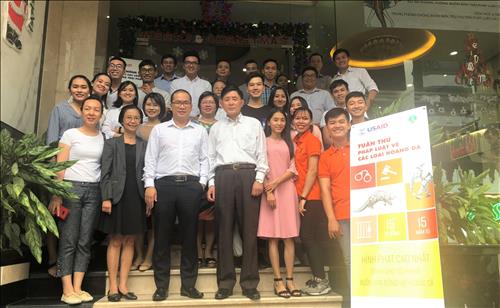
The project was co-organized by USSH, USAID, and the Vietnam CITES (Convention on International Trade in Endangered Species of Wild Fauna and Flora) Management Authority - Ministry of Agriculture and Rural Development with the aim of updating knowledge and improving the responsibility of tour guides, travel and hospitality agencies, and employees at tourist and shopping destinations for changing the behaviors of tourists in the consumption and exchanging of products made from wild animals.
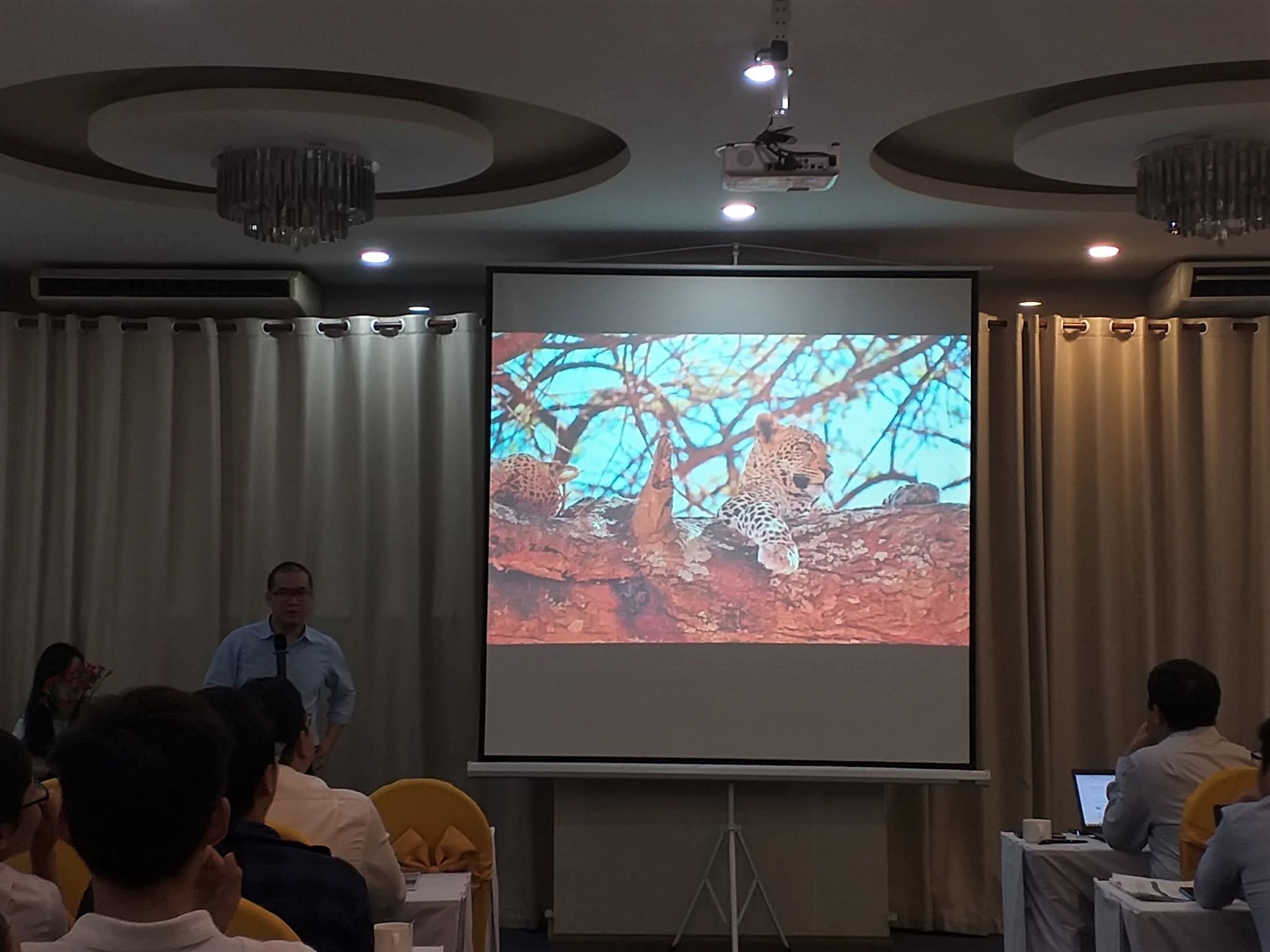
The workshop gathered 60 students, who were taught by Dr. Pham Quy Ty (former Deputy Minister of Justice); Dr. Le Khac Quyet (Vice Director of the Center for the Conservation of biodiversity and endangered species); Dr. Nguyen Manh Ha (Project coordinator); Mrs. Nguyen My Ha (USS' expert in behavior change communications).
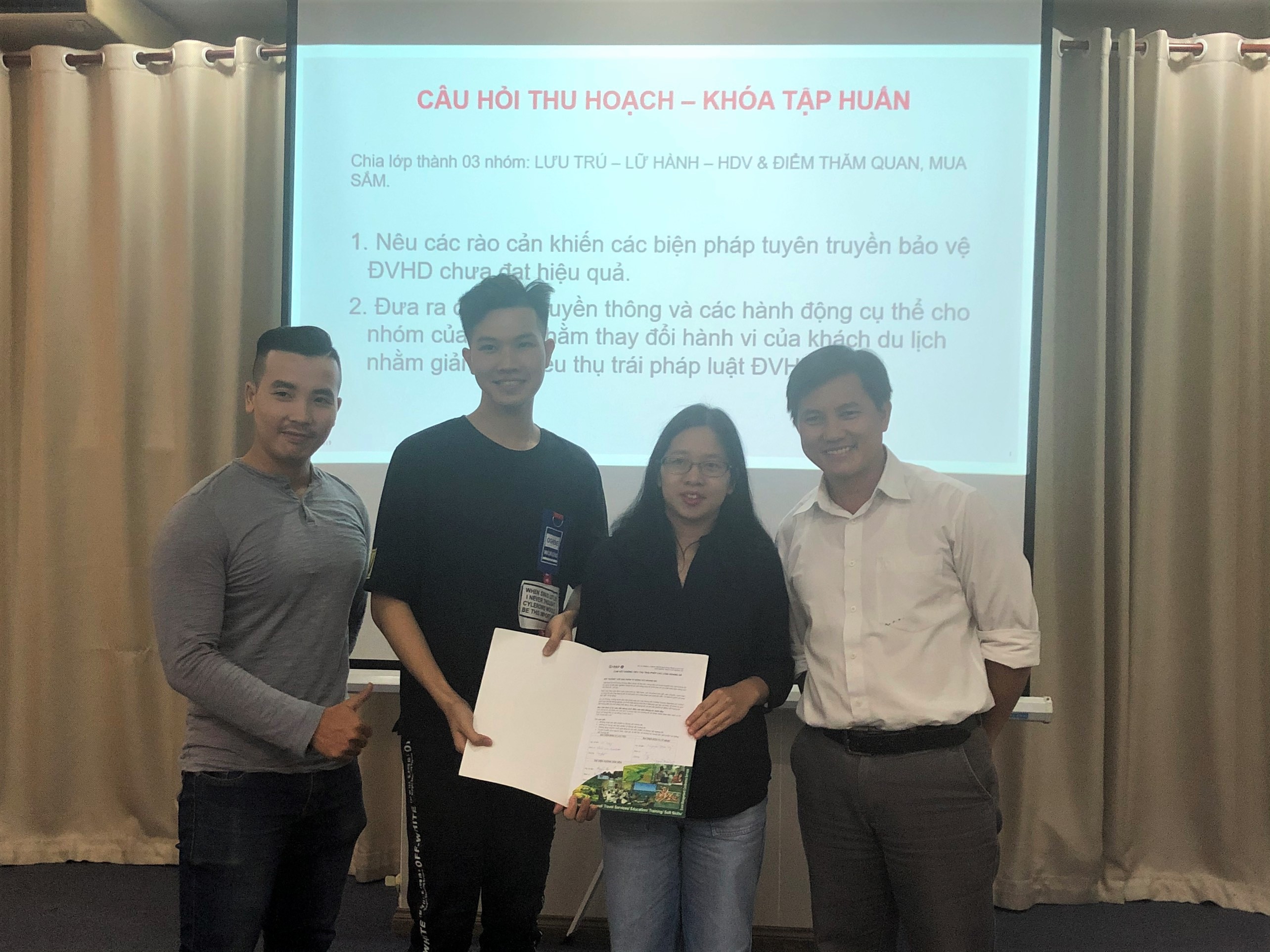
Speaking at the opening ceremony, Assoc.Prof.Dr Pham Hong Long (Dean of USSH's Faculty of Tourism) validated the status and strong development of tourism in Ho Chi Minh City in recent years as well as the importance of the contributions made by all the tourism workforce. Also, he expressed thanks to USAID and CITES, the international sponsors for supporting this meaningful activity aimed at spreading the knowledge and improving the responsibility for changing the behaviors of tourists, helping to lessen the illegal consumption of products made from wildlife.
During two days of studying and listening to the enthusiastic lectures by the experts, students of the workshop were provided with useful and practical knowledge that they can apply in tourism services. The lecturers delivered information about ecology, biodiversity, and wild fauna in Vietnam, updated the students on the administrative and criminal sanctions provided by Vietnam's existing laws on the violations of wildlife conservation rules and the impact of tourism on ecosystem and wildlife conservation. The workshop also received positive feedback from the project's representatives on the utility of communications in changing the behaviors of consumers. The workshop was enthusiastically received by the students, who expressed their willingness to participate in the communications about wildlife conservation at their businesses through the use of banners or commitment letters.
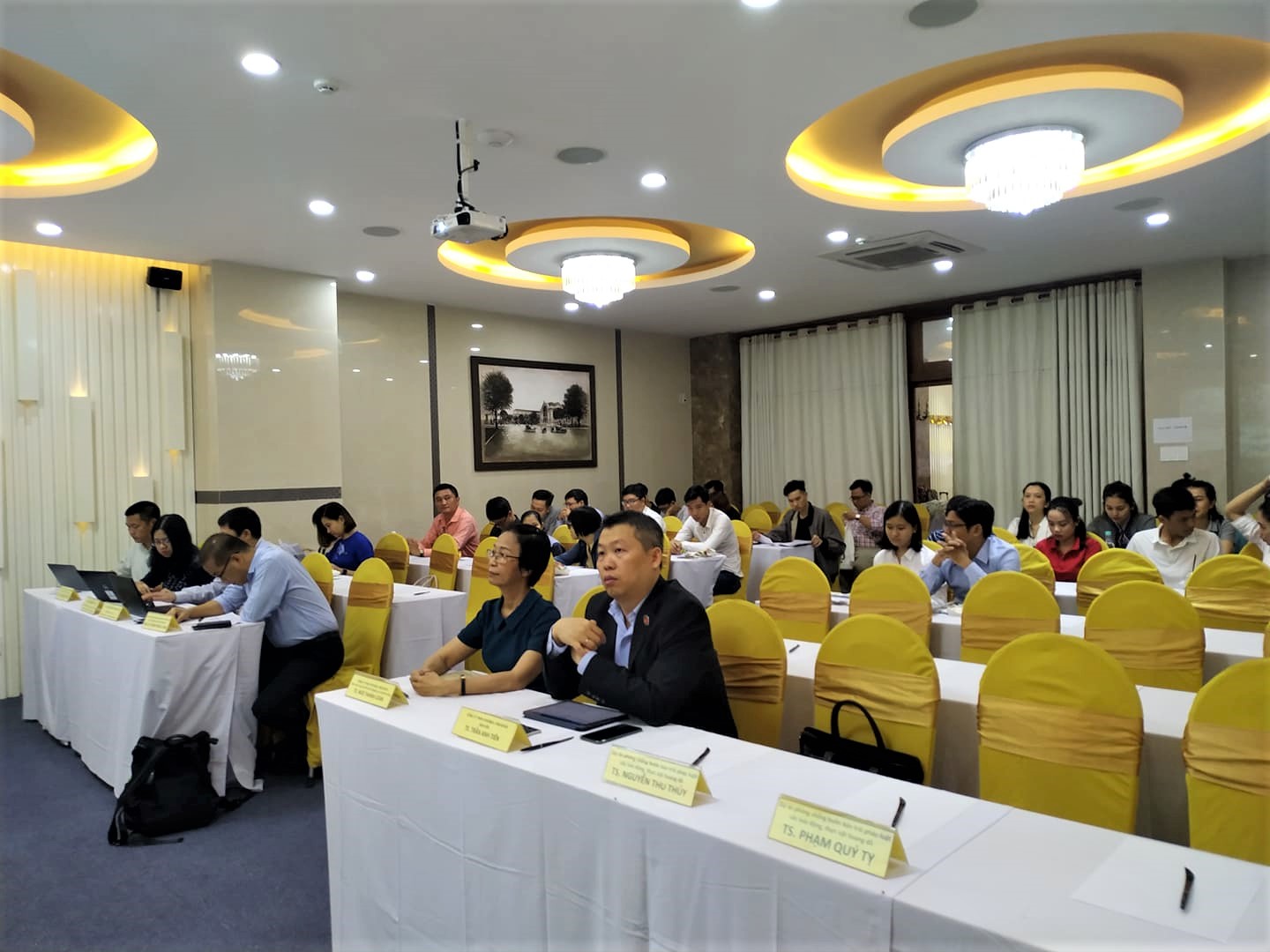
The course opened up a closer link between the members with a common interest in wildlife conservation. The students showed initial changes in the awareness of their personal role and responsibility as well as those of the businesses and the tourism sector for the conservation of wildlife and ecosystem in general.
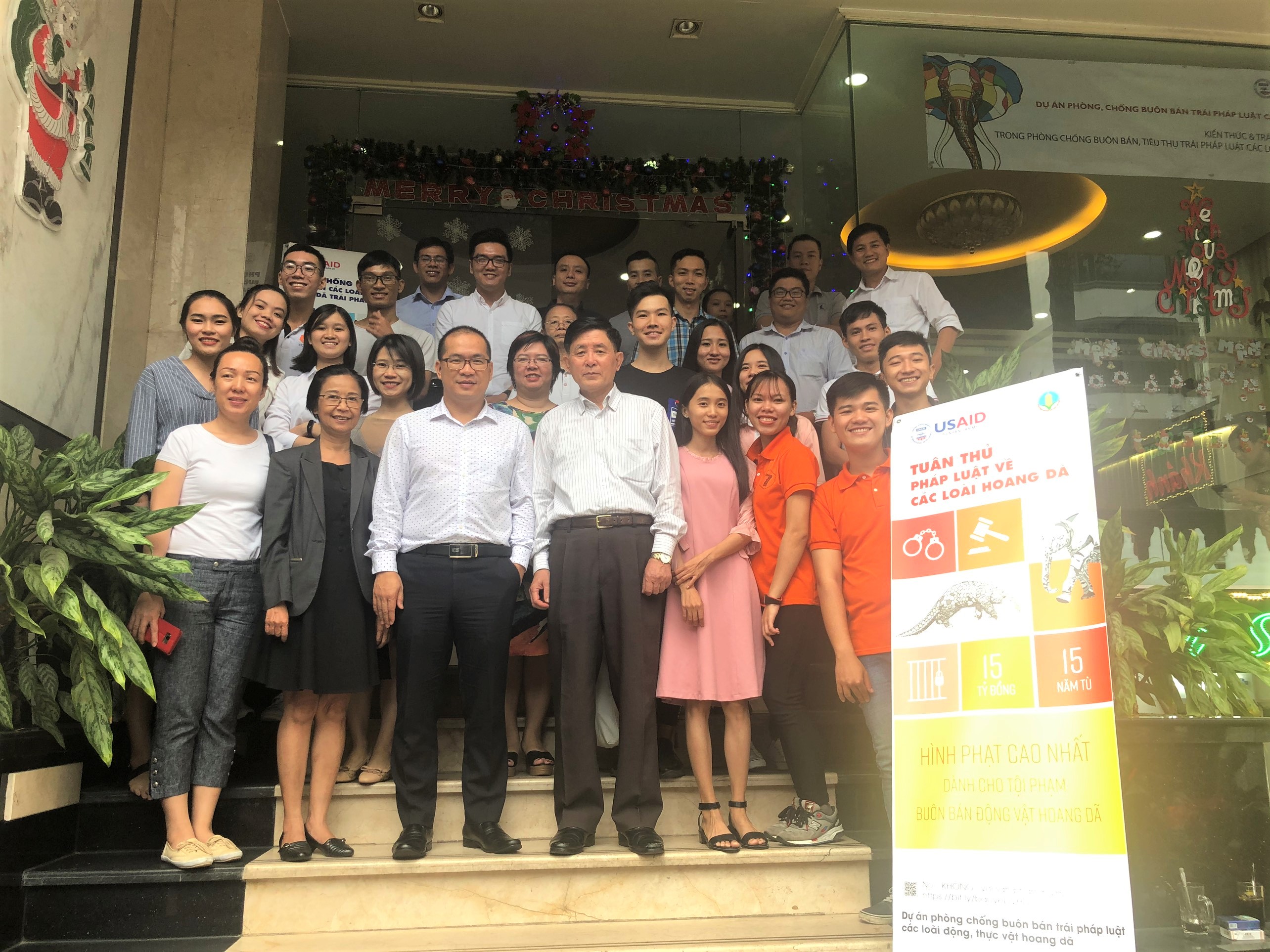
Author: TASS
Reader Comments
Newer articles
Older articles